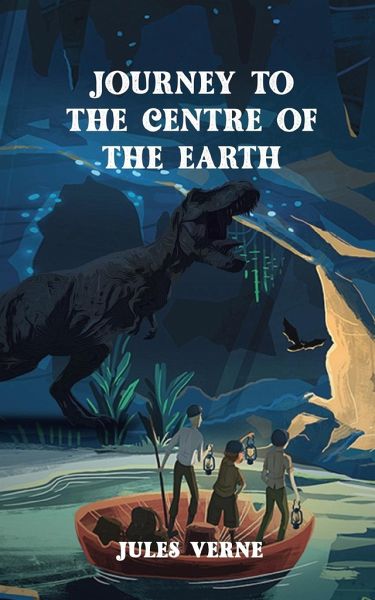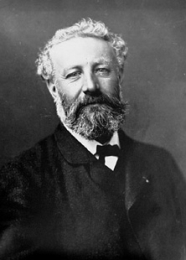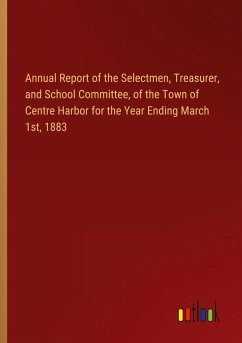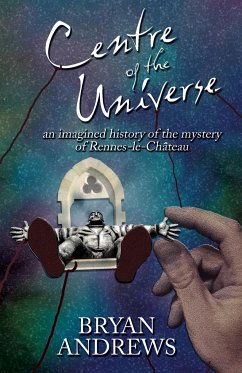
Journey To The Centre of The Earth
Professor Lidenbrock's adventures to the ruins of Iceland
Versandkostenfrei!
Versandfertig in 1-2 Wochen
22,99 €
inkl. MwSt.

PAYBACK Punkte
11 °P sammeln!
Professor Otto Lidenbrock runs home to examine his most recent classicist buy, a unique runic original copy of an Icelandic adventure composed by Snorre Sturluson, "Heimskringla", an annual of the Norwegian rulers who controlled over Iceland. While leafing through the book, Lidenbrock and his nephew Axel discover a coded note written in runic content alongside the name of a sixteenth-century Icelandic chemist, Arne Saknussemm. (This tale was Verne's first to exhibit his adoration for cryptography; coded, secretive, or fragmented messages would show up as plot gadgets in a significant number of...
Professor Otto Lidenbrock runs home to examine his most recent classicist buy, a unique runic original copy of an Icelandic adventure composed by Snorre Sturluson, "Heimskringla", an annual of the Norwegian rulers who controlled over Iceland. While leafing through the book, Lidenbrock and his nephew Axel discover a coded note written in runic content alongside the name of a sixteenth-century Icelandic chemist, Arne Saknussemm. (This tale was Verne's first to exhibit his adoration for cryptography; coded, secretive, or fragmented messages would show up as plot gadgets in a significant number of his works, and Verne would make careful arrangements to clarify the actual code as well as the instruments for recovering the first content.) Lidenbrock and Axel spell out the runic characters into Latin letters, uncovering a message written in an unusual code. Lidenbrock reasons that the message is an interpretation figure, however accomplishes results not any more significant than the astounding unique.















